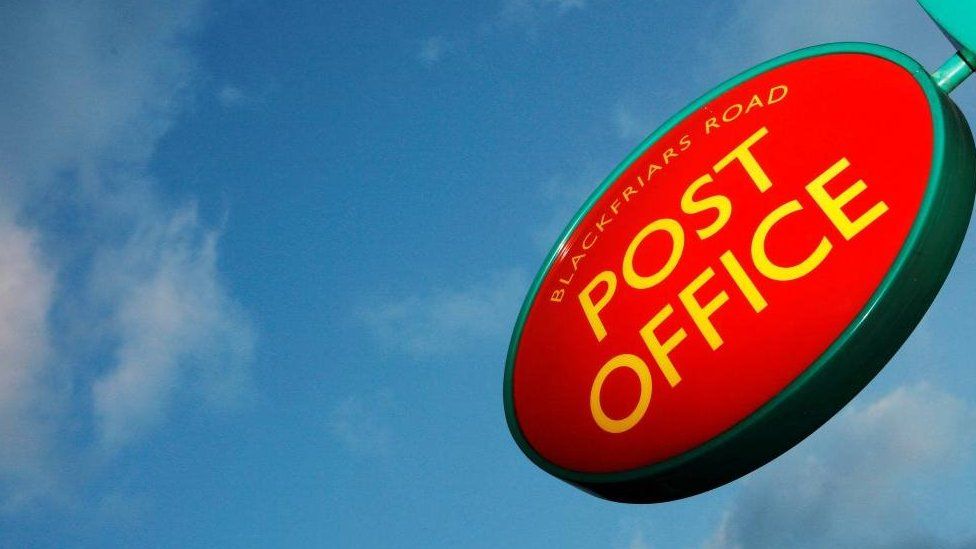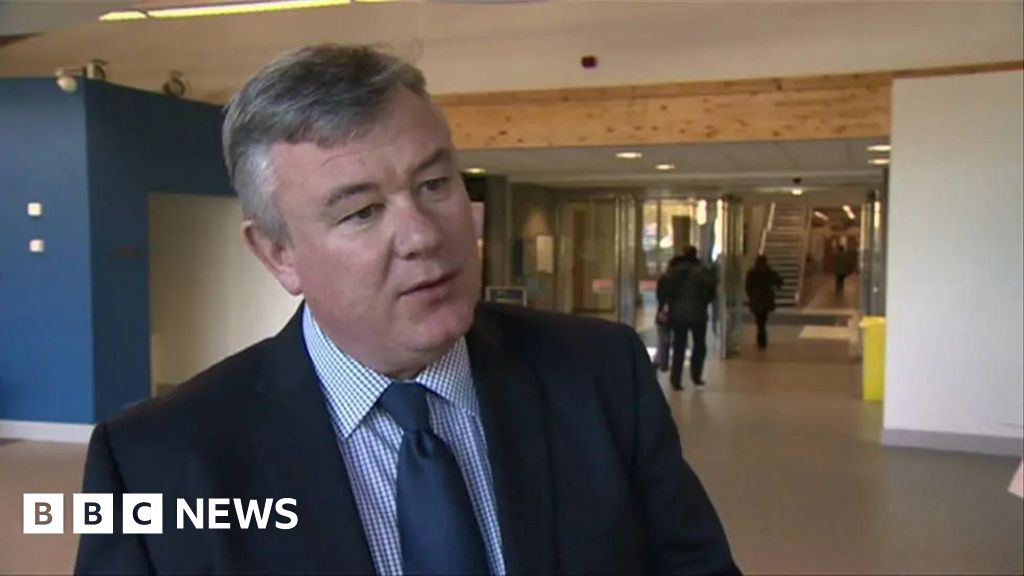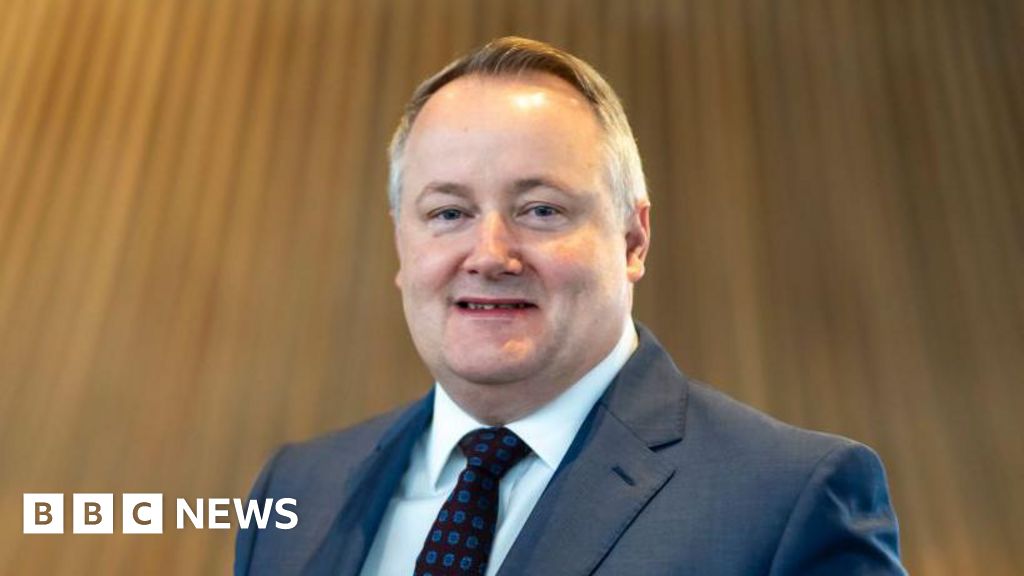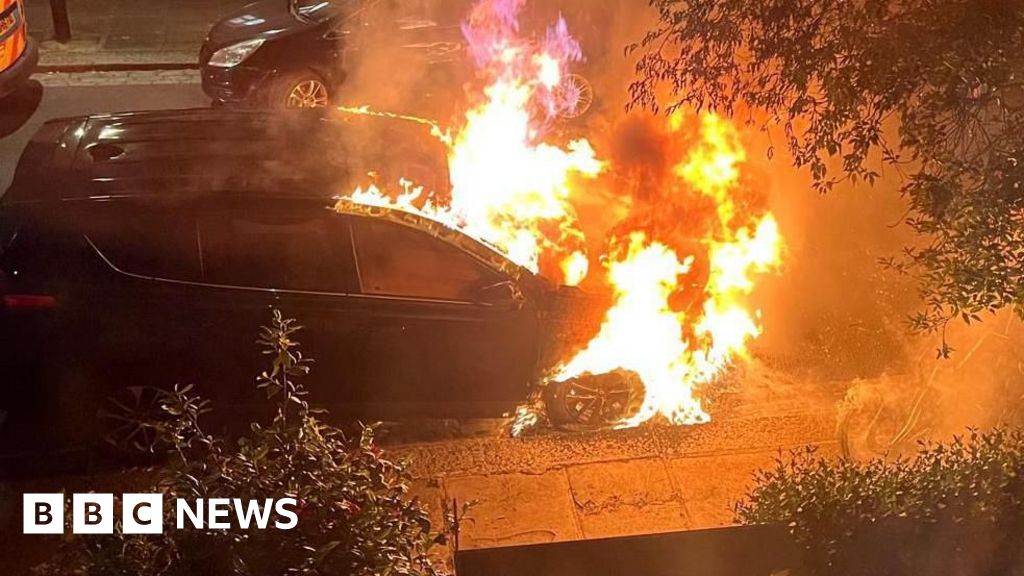ARTICLE AD BOX
 Image source, Reuters
Image source, Reuters
By Chris Mason
Political editor, BBC News
The arc of the political week often tilts towards the government machine sweating cobs to get an announcement ready for a prime minister on Wednesday lunchtime.
Why? Because it is Prime Minister's Question Time, and having something to say is a shield for the flak that has been flying.
The choreography this morning is clear: Post Office Minister Kevin Hollinrake is out and about answering questions, articulating what he hopes looks like enterprise and energy going on within government, but essentially taking a holding position.
He isn't announcing anything himself. But listen to his language: an announcement is "imminent".
When Radio 4's Today programme asked Mr Hollinrake about his likely attendance at a meeting you'd expect him to be at, he wouldn't commit to being there, as it "depends on duties in Parliament".
The official line from government is an announcement today is "possible" but "not definite".
The broad thrust of that announcement is increasingly clear: the government wants to exonerate sub-postmasters en masse.
But privately, the anguish within government on all this is palpable, with the awkwardness of Parliament treading in its muddy boots all over what is traditionally judicial independence.
That concern extends to backbenchers. One has texted me this morning saying there is a reason MPs don't intervene in live legal cases and "face sanction if we try".
"The government is right to want to address the terrible Post Office injustice but a universal pardon will have ramifications across the political and legal system," they add.
Politically, a decision has been taken that something that adds up to a mass exoneration, in whatever way it is formally described, is necessary in what ministers see as an exceptional circumstance of a huge miscarriage of justice.
But there is concern, within government and beyond, that one consequence of this could be some people who were genuinely guilty being exonerated as well as many who were not.

 1 year ago
49
1 year ago
49








 English (US) ·
English (US) ·